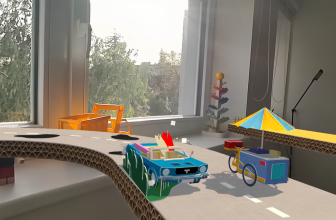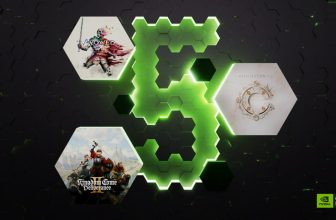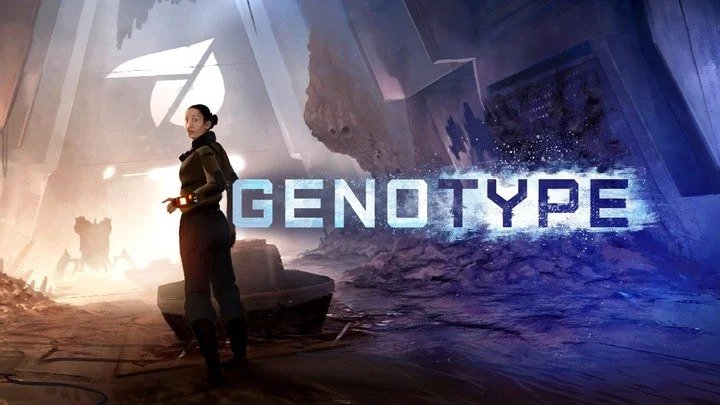
Genotype is a newly released VR sci-fi narrative experience on the Quest. The player assumes the role of Evely, an intern at an Antarctic weather station. While lost in the snow, she crashes into a mysterious research base and loses her partner. Evely encounters a helpful stranger named William, who assists her on her journey. Along the way, she discovers a pair of advanced gloves that can create genetically engineered creatures for combat and utility purposes. Evely must navigate through the base, eliminate the strange creatures infesting the corridors, and enhance the gloves’ capabilities to access new areas. The outcome of Evely’s fate and the world’s fate remains unknown, but we can provide insight on whether or not you should be interested without revealing spoilers. Click here to get it on Meta Store.
TALENT BORROWS, GENES STEAL
It is evident from the beginning that Genotype has heavily borrowed DNA from Nintendo’s iconic game, Metroid Prime. Not only does it share similarities in terms of graphics, but also in the exploration, upgrading, shooting, and further exploration gameplay mechanics, which clearly draw inspiration from Samus Aran’s first-person adventures. However, there is nothing inherently wrong with this; when attempting to create a clone, it is best to start with strong foundations. The initial sections of Genotype, it show great promise as a heartfelt tribute; the graphics are impressive and seamless, the concept is intriguing, and the setting holds the potential for a captivating journey filled with mystery, adventure, and discovery. It takes place in a futuristic environment that is gradually being overtaken by organic matter due to twisted and failed experiments.
WAKE UP, SLEEPY GENES
The player’s interface for everything that happens is Evely’s ‘GRAID’ gloves. Inspired, perhaps, by Half-Life: Alyx’s glove system, these handy hands act as an inventory, weapon and tools system. A ripcord acts as the selection menu; pull the cord from the right glove and let go when you’ve selected the creature you want to use.
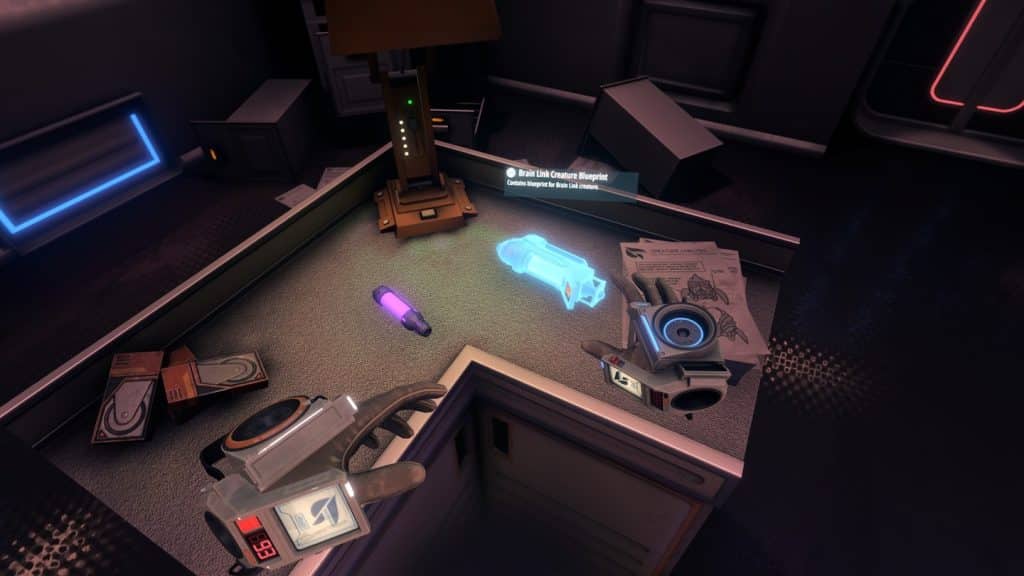
You begin with a basic weapon called the worm Spitter gun, but you quickly obtain additional blueprints for weapon-creatures. These weapons can be improved over time by collecting genetic matter and upgrade tokens. This system is well-designed and satisfying to use, allowing you to become skilled with it. While it may not be as impressive as Half-Life: Alyx, it is enjoyable and offers a sense of accomplishment when used.
GENE MILDER
I was incredibly impressed when I first experienced Genotype, without any prior knowledge or expectations. It has always confused me why Metroid Prime hasn’t been more directly emulated like this, so it’s fantastic to witness it happening. The overall presentation is superb, the visuals are beautiful, and the performances are commendable.
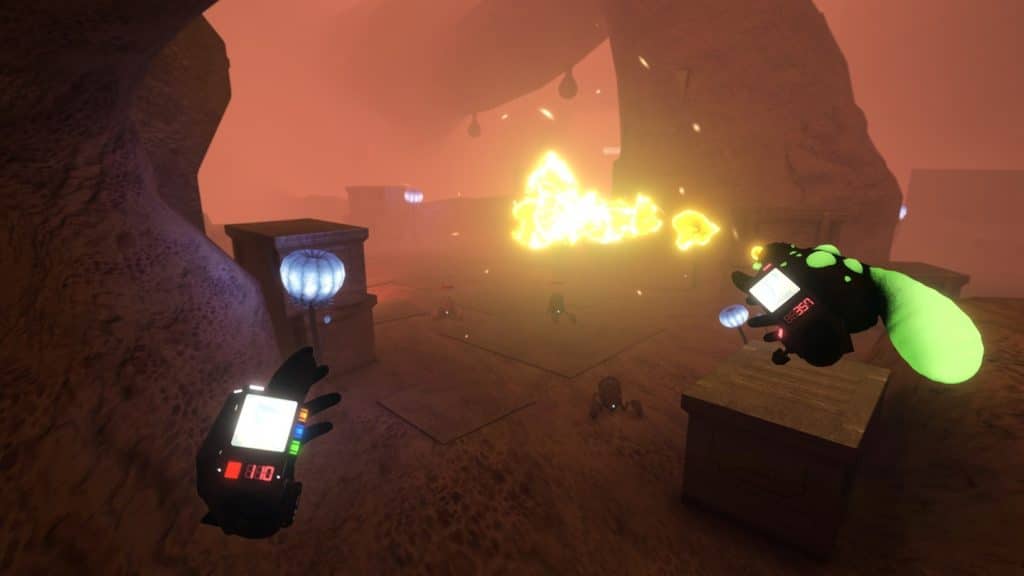
The initial combat appeared somewhat insignificant, though not necessarily terrible. I anticipated that it would match Evely’s abilities, but as time passed, it became increasingly bothersome and less captivating. Flaws in the structure and direction of Genotype began to emerge, causing all the aspects that were enjoyable to deteriorate.
HALF-BAKED GENES
To begin with, there is no sense of progression. Each area presents a list of tasks that are mundane and lack excitement. These tasks include finding security keys, locating a device, using the device, and upgrading gloves. There is no sense of increasing difficulty or higher stakes, it simply feels like performing maintenance on an empty base. The combat is inconsistent. Genotype sends waves of enemies at random to artificially prolong the gameplay, but defeating them is straightforward. Simply strafe and shoot. The hitboxes for damage are exaggerated, possibly to compensate for a fundamentally easy combat system. Dodging incoming attacks and projectiles in virtual reality should feel instinctive, but in this game, the player’s hitbox extends beyond the character’s physical space, making it frustratingly easy for creatures to land cheap hits. Boss battles are surprisingly easy compared to the occasional waves of lower-level enemies, and there is no smooth increase in difficulty throughout the game. Your inventory will quickly fill with disposable injectors that offer abilities like haste or invisibility, but you will never find a need or desire to use them in combat. They feel unnecessary, complicated, and pointless.
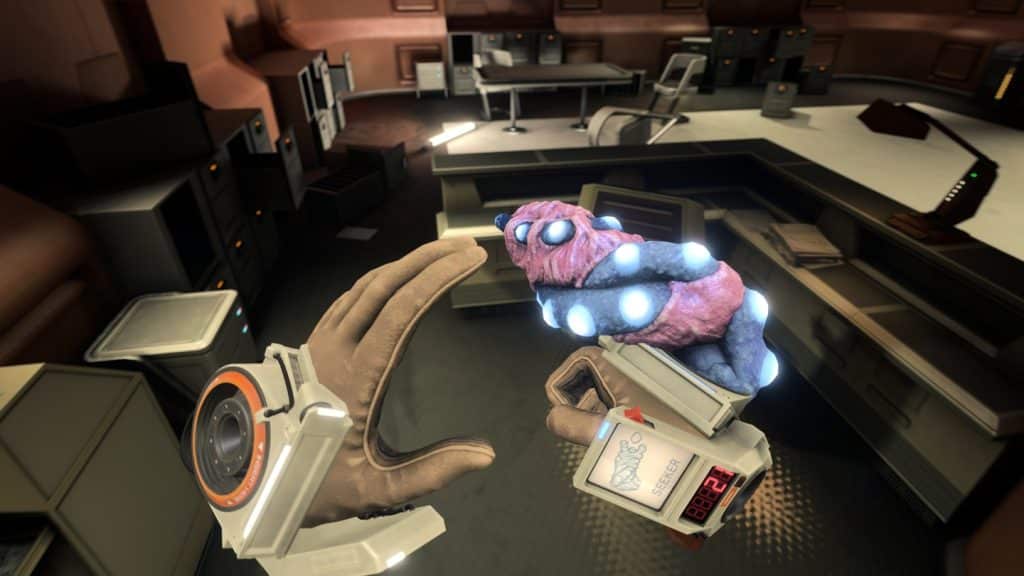
Combat quickly becomes a mundane task, lacking any clever puzzles or captivating storyline to make up for it. Each area presents a monotonous list of uninspiring tasks, merely something to check off. Personally, I find none of it truly interesting. The repetitious and uninteresting environments hinder exploration. Once the initial excitement and potential wear off, all that remains are forgettable corridors, crates, and doors. The map becomes a necessity when it shouldn’t be. Often, the rewards for exploring and progressing are so minimal or nonexistent that it becomes completely demotivating. Why bother filling three identical rooms with empty cupboards to open?
TELLTALE SIGNS
The entire aspect of Genotype is inconsistent, and this inconsistency can be seen in the writing and performances. The voice actors for Evely and William are competent and engaging, but the script and direction are unpredictable and of low quality. Evely is in a desperate situation, being lost and witnessing the gruesome death of her colleague at the beginning. She is also trying to survive in a facility infested with mutants while dealing with a fatal genetic abnormality that is slowly killing her from within. Instead of portraying a sense of urgency or determination, Evely often sounds as if she is simply having a mildly interesting day at work.
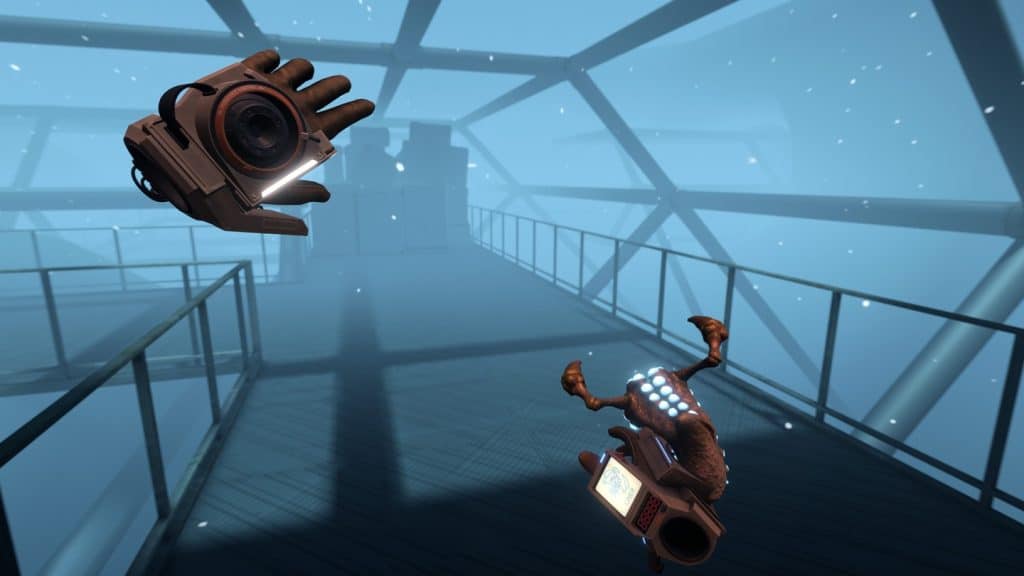
Take a look at the cover art; Evely appears as if she has been interrupted while using the photocopier to ask about the location of the stapler. The plot’s consequences are extremely significant – the entire world could be destroyed due to the infection escaping from the base, and Evely is also dying. However, this sense of urgency is not effectively conveyed in what is presented to the player. There are some attempts at humor and irreverence that come across as silly and do not succeed in their intention. I believe they are supposed to be dark humor from a desperate character, but they do not translate well onto paper and lack proper direction. It’s unfortunate because I think with better guidance and a stronger script, the actors would have been able to deliver something exceptional here. The moments of genuine connection that do work really stand out, and this is a testament to the performers’ talent. I just wish they had been given more material to work with. If the living genetic mutations that serve as weapons were a part of Evely’s infection – like she was mutating herself in order to progress, but it was slowly consuming her – then we would be back in the realm of high stakes, similar to Metroid Prime.
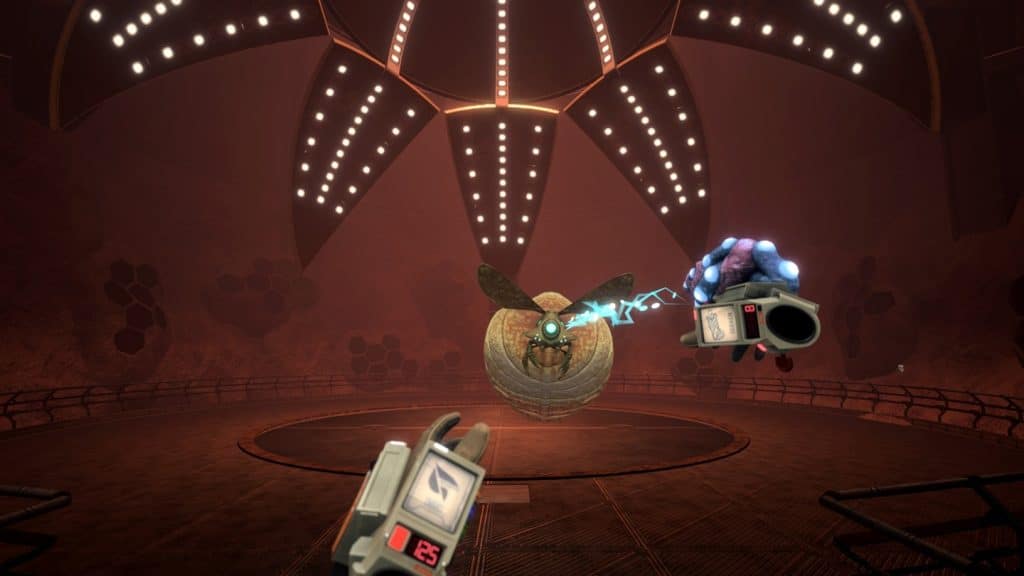
As it is, all of the DNA, gene splicing stuff is just scripting novelty flim-flam. It might as well be alien or advanced tech; there are no overriding themes explored or written into the genetic code of the narrative, as you might reasonably expect from its title.
REGRESSION
Everything in Genotype conspires steadily to remove the player’s connection to it, from the uncertain and uneven tone to the pointless combat. Either give me a narrative strong enough to forgive any deficiencies in gameplay or a game that’s so good to play that off-scripting or performance can take a back seat and be ignored. Best of all, give me a little bit of both – it’s not an insane ask. I know that somewhere in the empty corridors of Snowdrop base, there’s a far better game waiting to be hatched. It’s a crying shame because a bit more time incubating could have begat something memorable and special.



